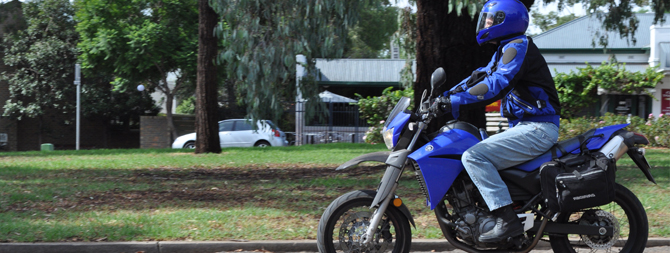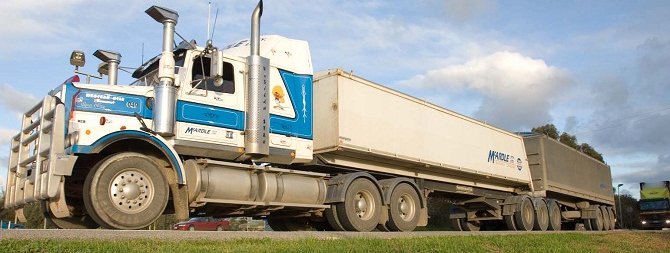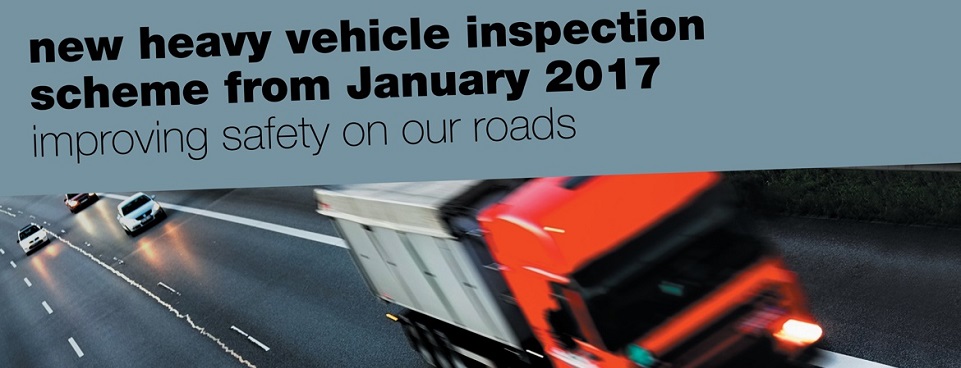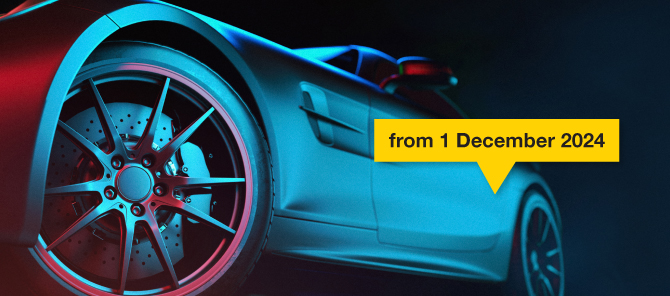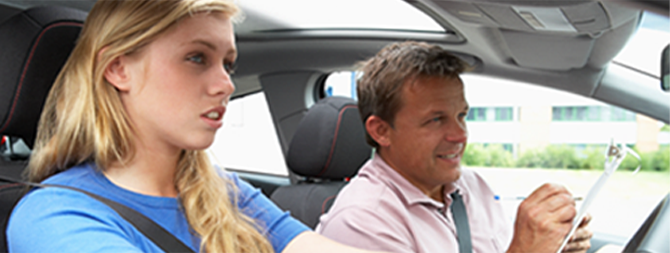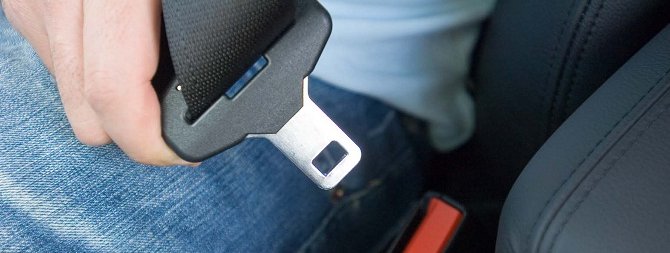Safe driving tips
Medical fitness to drive

South Australia has removed the compulsory annual assessment for car licence holders aged 70 and older and who do not have a medical condition that could affect their ability to drive.
This means that you will no longer need to visit a doctor each year to assess your fitness to drive if you:
- are aged 70 years and older, and
- you only hold a car (C class) driver's licence, and
- you don't have a medical condition recorded against your licence.
A self assessment will be introduced mid-2015 to allow older drivers to assess their own fitness to drive. From the age of 75, if you only have a car licence and you don't have a medical condition, you will receive a self assessment form in the mail to complete.
You will be asked to visit a doctor and submit a Certificate of Fitness form if:
- you have a medical condition recorded against your driver's licence, or
- you are aged 70 and older and hold a class of licence other than for a car e.g. LR, MR, HR, HC, MC, R-DATE or R licence classes (annual requirement).
You will need to pass a Practical Driving Assessment (PDA) if:
- your doctor requests that you take one to help determine your fitness to drive, or
- you are 85 years of age or older and hold any licence other than for a car (e.g. LR, MR, HR, HC, MC. R-DATE or R class will be shown on your licence).
Responsibilities
You are required by law to report any medical condition that you have, or that develops, at any time that could affect your ability to drive safely.You may be required to undergo a medical with a doctor to confirm your fitness to drive. If your medical condition means that you cannot drive, or you simply don't want to, you should hand in your licence.
If you receive a Certificate of Fitness form, you are required to take it to your doctor/specialist to complete it and return it by the due date or your licence may be suspended. You are responsible for the doctor fees.
Health professionals are required by law to report if a patients is diagnosed with a medical condition that affects their ability to drive safely . The health professional is required to examine the person in accordance with the national fitness to drive guidelines.
The department is required by law to ensure that drivers are medically fit to drive in accordance with the national fitness to drive guidelines. You have a right of appeal against any licensing decision you disagree with.
Medical conditions
There are a wide range of medical conditions, or combinations of medical conditions, that can affect your fitness to drive. Some of the most common are listed below. Further information on how these conditions can affect driving can be obtained from your health professional or from the national fitness to drive guidelines.
Some of the medical conditions that can affect driving are:
- Alcohol/drug dependency
- Arthritis and other joint conditions
- Alzheimers's Disease or other dementia
- Blackouts
- Cardiovascular conditions including high/low blood pressure
- Diabetes
- Epilepsy
- Eyesight – loss of vision acuity and vision fields e.g. monocular vision or visual defect. Eye disorders such as glaucoma, cataracts, macular degeneration are medical conditions that will require a medical assessment. If you need to wear glasses or contact lenses whilst driving this will be recorded as a condition on your licence but it is not a medical condition that will require a medical assessment.
- Heart disease
- Injuries and disabilities, including limb amputation or paralysis
- Parkinson's Disease and other neurological disorders
- Sleep disorders like Apnoea
- Stroke
Reporting a medical condition
Please contact a Service SA customer service centre or call 13 10 84 for information regarding reporting a medical condition.
More information





















